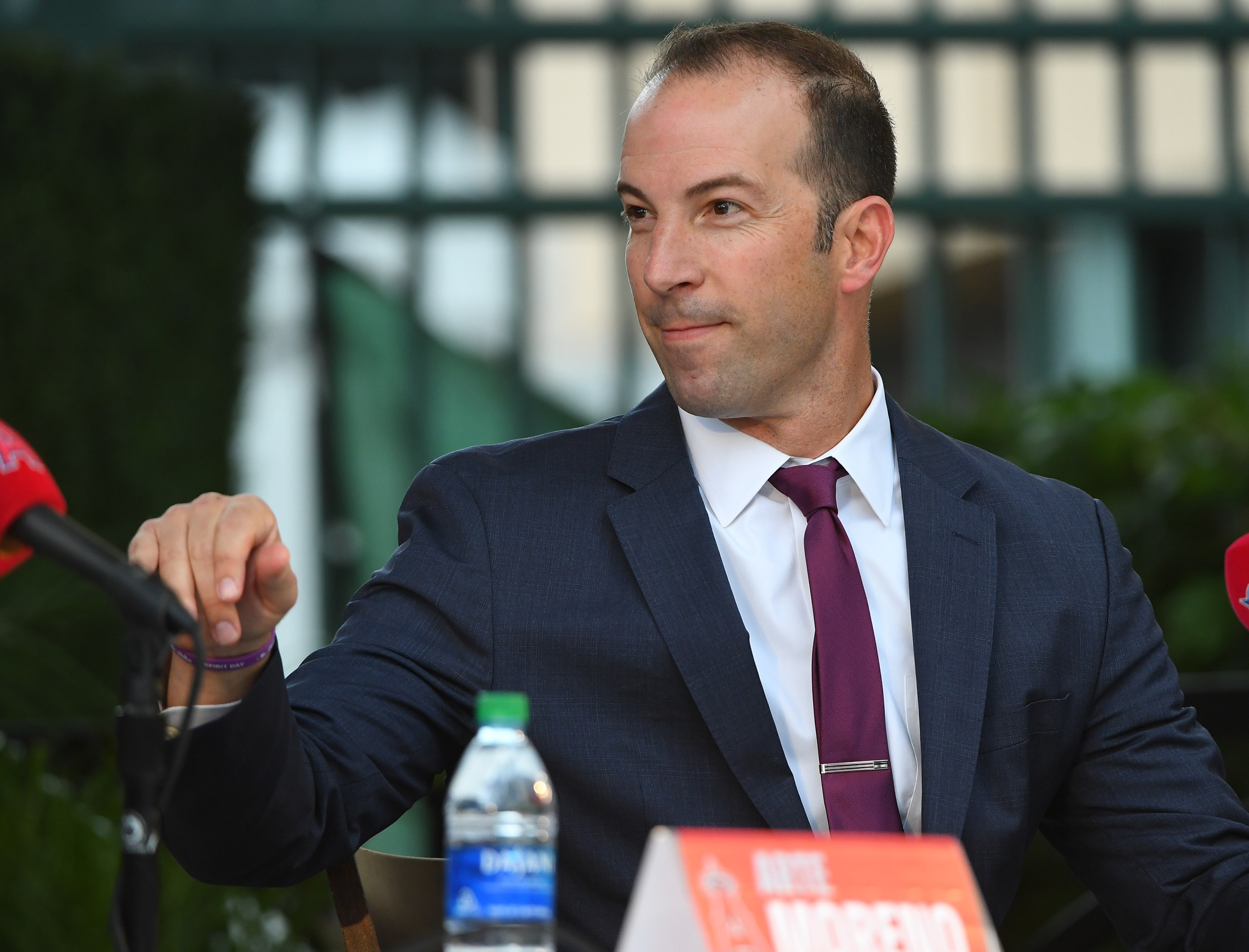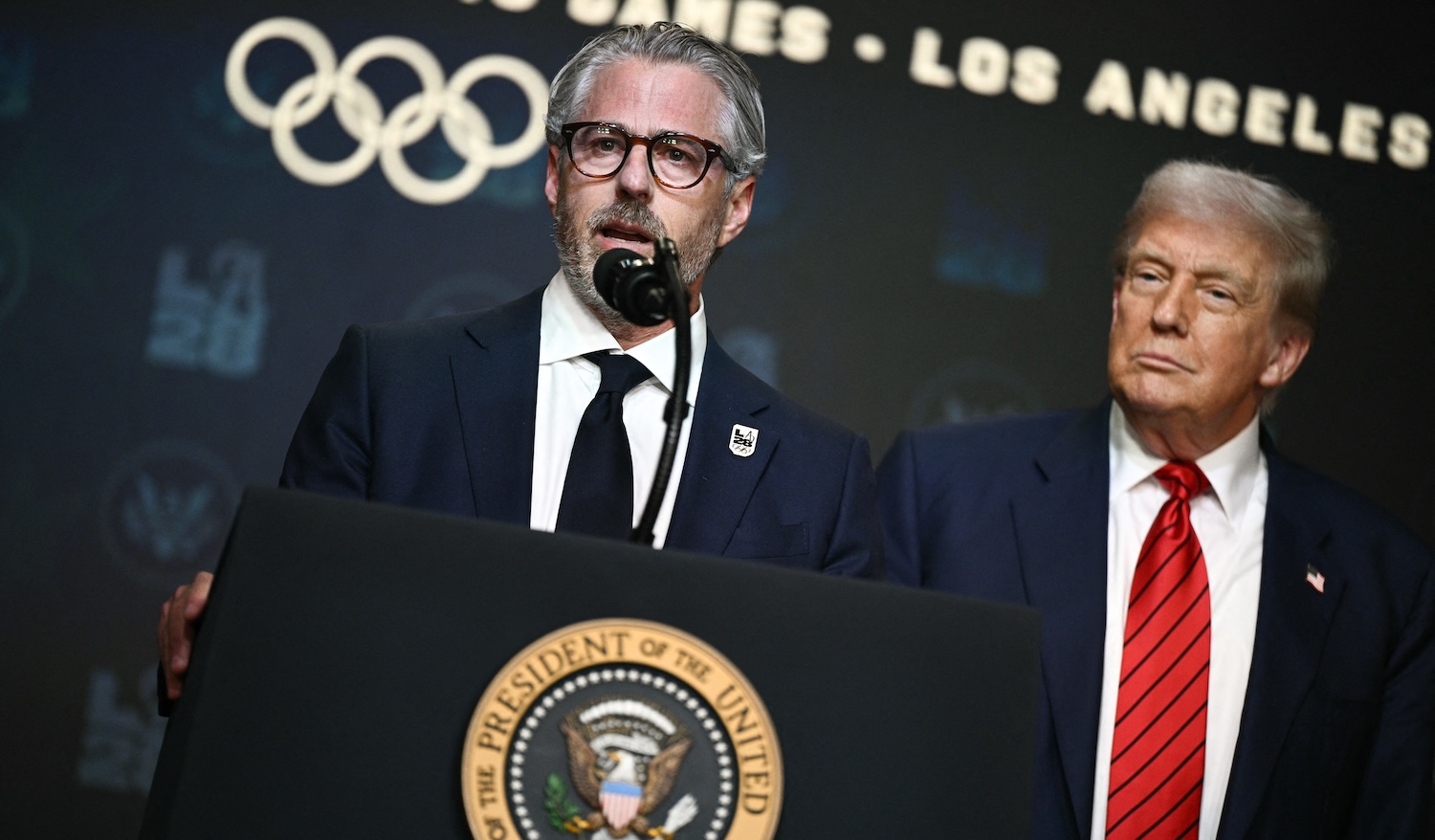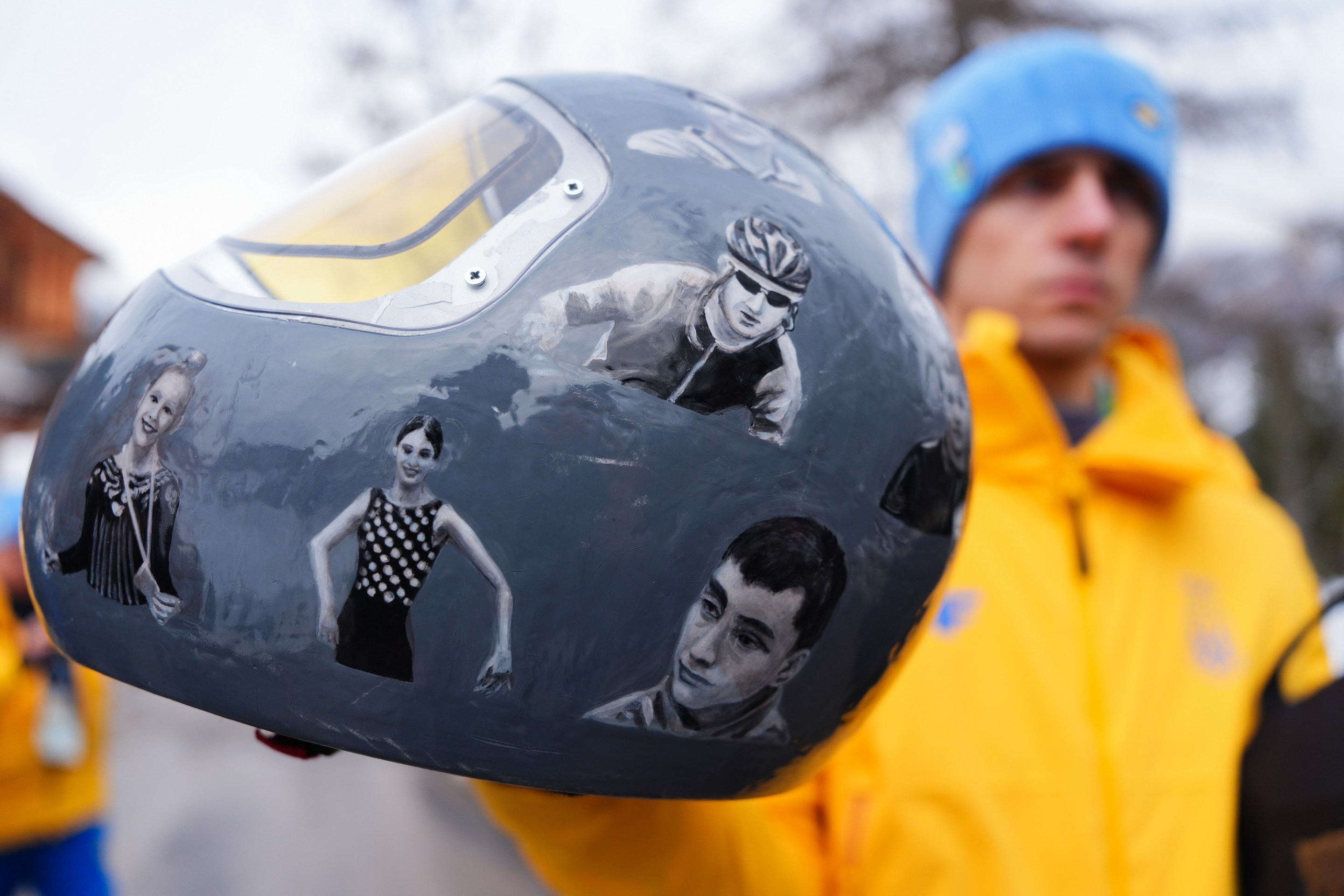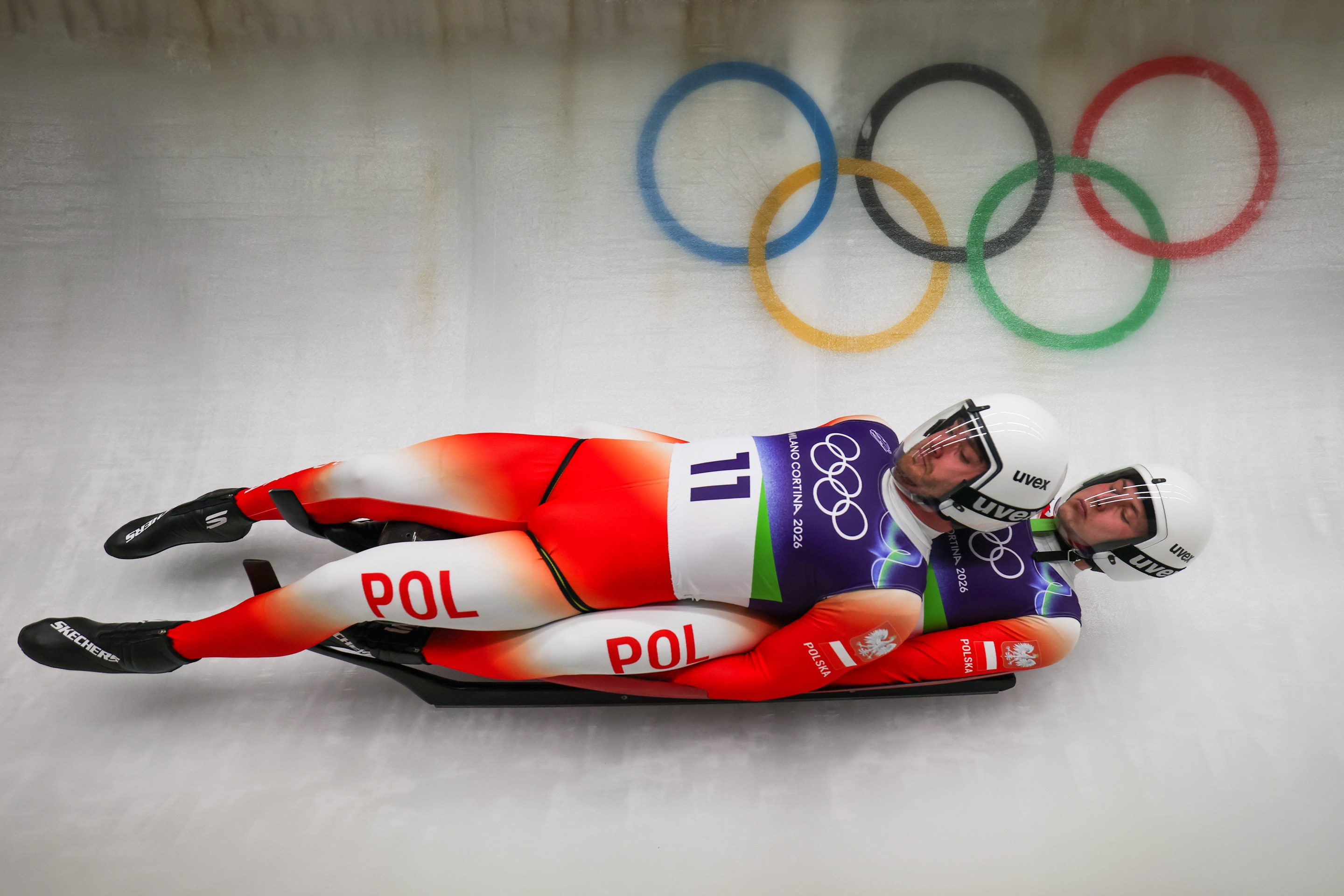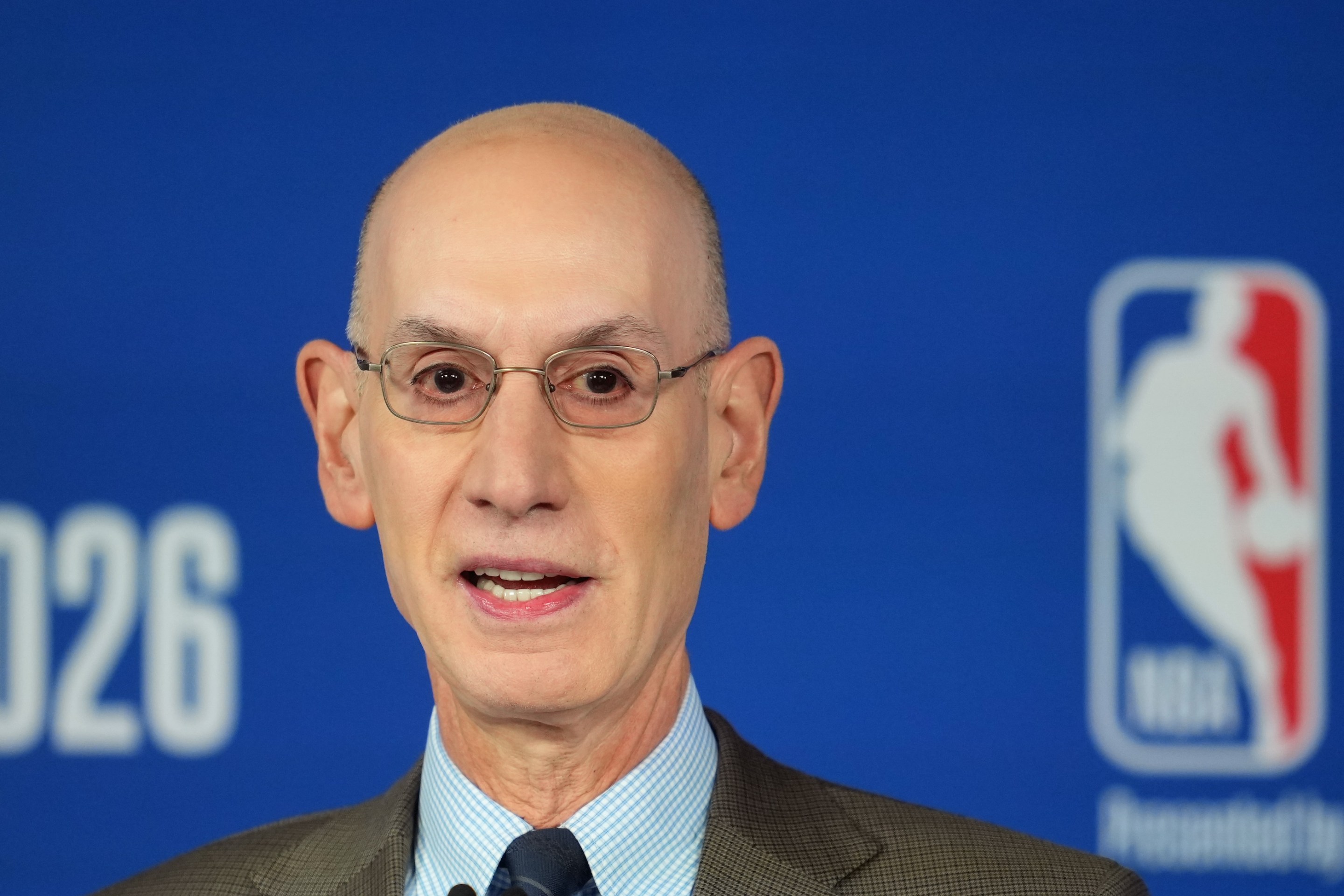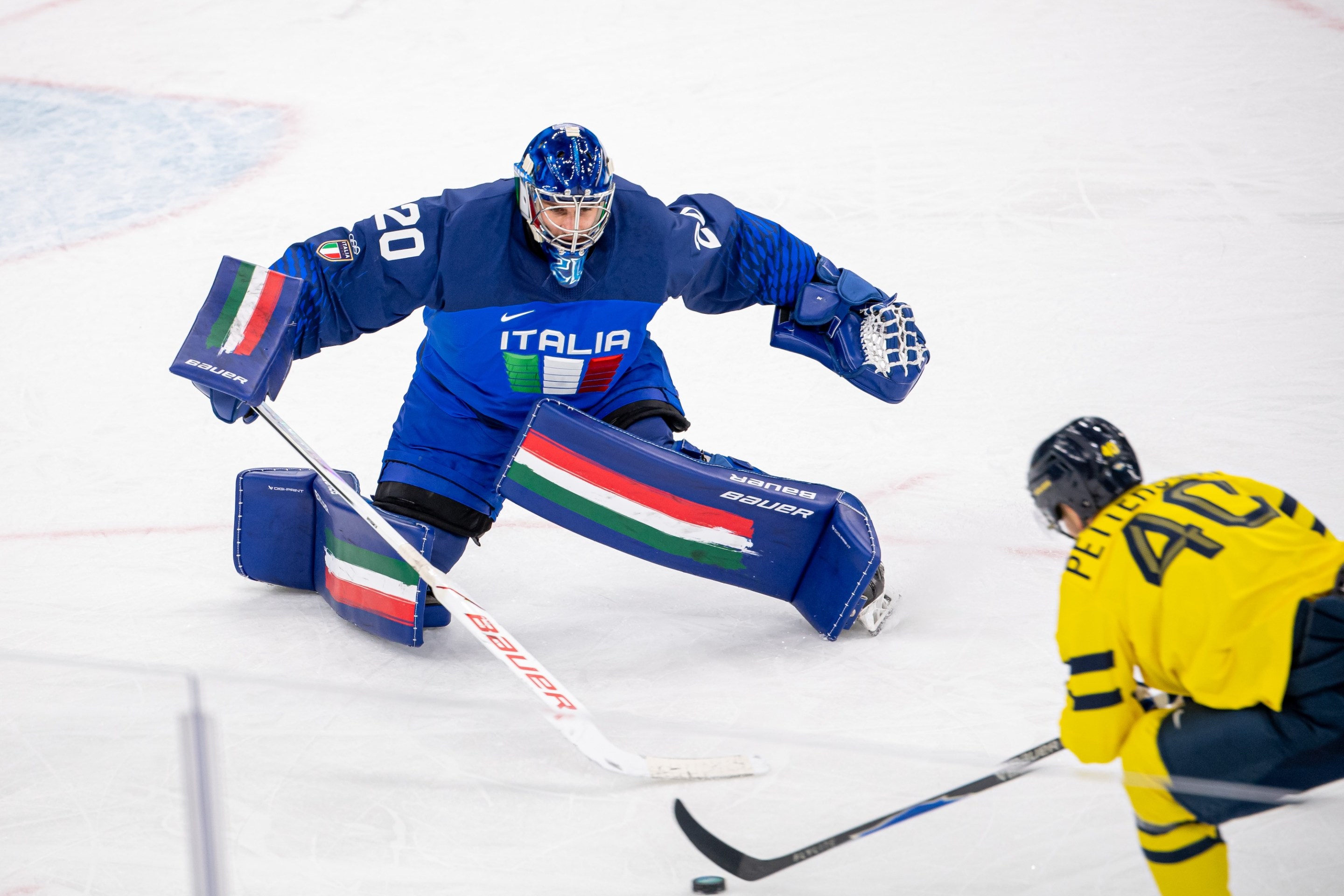After an excruciatingly protracted, excruciatingly public search in which the team failed to entice first boldface executive names and then an entire tier of mostly anonymous Ivy-pedigreed Assistant GM types from around baseball to so much as interview for the team's open President of Baseball Operations or GM positions, the New York Mets have finally hired a GM. It is the former Angels GM and former Yankees Assistant GM Billy Eppler, although that part doesn't really matter. "He's smart, he hustles and has a keen eye for identifying talent," Mets President Sandy Alderson said in a statement on Thursday night. "He’s going to make us better. I am really pleased that we have someone of his caliber leading the Mets." The first bit of that statement might be true, but because Eppler won't really be leading the team—for reasons having to do with longstanding cultural rottenness and a shared stubborn fecklessness among the team's most powerful figures—it seems unlikely that he'll have much of a chance to make them better.
The inherent insignificance of the job, more than anything else, is why it took so long to fill, and why it mostly doesn't matter who is filling it. When his hiring was made official late Thursday night—because they are the Mets, they did a background check on him after announcing that Eppler was offered the position and had accepted it—Eppler became the team's first non-interim GM since Jared Porter, who was fired in January after roughly a month on the job when it was revealed that he was a serial text creep/hornball bully weirdo. An entire baseball offseason happened after Porter was fired, and then a whole baseball season, which ended for the Mets roughly six weeks ago after a wild and miserable second-half collapse.
Aside from the fact that the team spent 103 days in first place during that stretch, the last of which was in early August, it was not a good 10 months. During that time, the team drafted Vanderbilt ace Kumar Rocker with the 10th pick of the MLB Draft and then failed to sign him, at which point owner Steve Cohen tweeted that what looked a humiliating self-inflicted failure was in fact The Heady Play. ("Education time," Cohen tweeted. "Baseball draft picks are worth up to 5x their slot value to clubs. I never shy away from investments that can make me that type of return." The post was later cited in a class-action lawsuit brought by minor league players pursuing back pay.)
The team also first suspended and then fired Assistant-turned-acting GM Zack Scott months after a DWI arrest that happened hours after he had attended a party at Cohen's house. They also belatedly and reluctantly cashiered several long-tenured front office creeps after a story in The Athletic revealed a longstanding culture of sexism and bullying; Alderson, the team's de facto chief executive during this period, grumbled darkly about the troubling cancel culture auto-da-fe when asked to explain why it took so long to kick those utterly replaceable legacy shitheads to the curb. At the end of the season, the team fired everyone on the big-league coaching staff besides pitching coach Jeremy Hefner, and the team's top minor league pitching coordinators also left the organization.
On the positive side, the veteran lefty Aaron Loup pitched very well out of the bullpen. He's a free agent now, though.
Anyway, all of these things happened without anyone officially or actively being in charge of anything. Alderson, who was supposed to be in more of a supervisory role, was still clearly both the most important decision-maker on the team besides Cohen and his informal advisory crew of Dick Tracy-villain buddies. Much as it did under previous ownership, this idiosyncratic management structure—a few jealous goons sitting atop some badly atrophied or frankly notional departments that they distrust or actively dislike, grousing and scheming and being unpleasant to underlings and anonymously airing their variously fragrant grievances to the New York Post—periodically managed to generate some activity without ever doing anything cohesive or coherent enough to be described as a process. Just as with any other dysfunctional institution overseen by unaccountable and incurious authority figures, there is a lot of politics and nothing much in the way of actual policy. Everything that happens, happens either by accident—the team plainly had no fallback plan regarding not signing Rocker, and simply overplayed their hand on pure grumpy principle—or under protest, with an only barely unspoken "fine, see, we did something" attached.
It can sometimes be difficult to parse out the difference between things happening in spite of everyone empowered to make things happen, or as a more direct result of executive spite. For instance, the team extended the qualifying offer to their injured demi-ace Noah Syndergaard earlier this offseason and then effectively ghosted him. Syndergaard signed with the Angels earlier this week for $21 million. There are reasons to believe this might work out fine for the Mets, although none of those reflect very well on the team; few teams in baseball are worse or more reckless than the Mets when it comes to rehabbing pitchers coming off Tommy John surgery, but while that track record that suggests the team wouldn't have gotten much of whatever Syndergaard has to give next year, that is objectively more of a problem to solve than an angle to play. There are team-specific reasons why it might have been good to keep Syndergaard, but there are also baseball reasons to have let him leave. The problem, where the Mets are concerned, is that neither of those considerations really seem to have been a part of this decision, which might in point of fact not even have been a decision at all. It is, like most things that have happened with the team under Steve Cohen's ownership, more or less just a thing that happened.
It is hard to point to any kind of Process Over Results justification for the Syndergaard decision—or the decision not to sign Rocker, or really just about anything the team has done since accepting Francisco Lindor from a Cleveland franchise that was actively trying to get worse—because there is not only no apparent process in play, but no one in the jobs that might have implemented that process. The Angels, one of the very few MLB organizations as proudly Jurassic and whim-driven as the Mets, presented Syndergaard with a detailed pitch on how they would help him return to form. It's notable that the Mets did no such thing, but it's more important that they could not have done so even if they'd wanted to. They had no one to deliver that message; they have no one empowered to devise that kind of plan, and no meaningful infrastructure to implement it. The phone just rings and rings.
That is the workplace that something like a dozen current and former MLB executives decided not to run, and that the workplace is likely to remain more or less the same regardless of who the team hired as GM is a big part of why the team found it so difficult to fill what is, after all, one of just 30 such positions in the sport. While Eppler's previous experience as GM is not especially inspiring—he made some good trades and solid waiver pickups and atrocious owner-driven free agent signings, while failing to significantly improve what was already one of the worst player development programs in the sport—it may wind up proving instructive. Angels owner Arte Moreno is one of the sport's most pitiable and ridiculous tyrants, a distractible and impatient and extremely wealthy man who very much wants to win the World Series and believes it can and must be done his way. In that sense, give or take the "extremely wealthy" bit, Moreno has a lot in common with the Wilpons, who previously owned the Mets. In the same way that Eppler's experience spending several years overseeing the squandering of Mike Trout and Shohei Ohtani's primes is not by any stretch a qualification for a job that may well amount to doing the same with Lindor's and Jacob deGrom's, that comparison doesn't reflect well on either party.
And while it is meaningful that the Wilpons do not own the Mets anymore, it has not yet proven anything like meaningful enough. The rotten organizational culture that the Wilpons created and Alderson abetted has not been changed in any meaningful way under Cohen; everything that was backwards is still facing stubbornly in the wrong direction, and all of the functions and systems that had been left to starve are still not just undernourished but neglected as a matter of course and institutional preference. It is not just that these systems and functions do not work together, but that they seem to be working actively at cross-purposes, or in some sort of feuding competition, or at some other strange task unrelated to their ostensible one.
The sum of all this is an organization that generates gossip and anonymous recrimination and scandal, but nothing much else in terms of outcomes. It reproduces an untenable and unappealing status quo, but nothing much else; it is both much more successful and much more obviously engaged when it comes to sustaining itself than it is at improving or even changing anything. It has been permitted to be this way for so long that the dysfunction has taken on the appearance of something load-bearing, or become a sort of curdled value in itself. That all this could be fixed by sufficiently empowered and motivated new leadership is both a true statement and a meaningless one. Billy Eppler wasn't hired to fix it; he was hired to administer it, and to make sure that it keeps going more or less as it has. The wonder is not that it took so long for anyone to take this job, but that anyone ever did.
